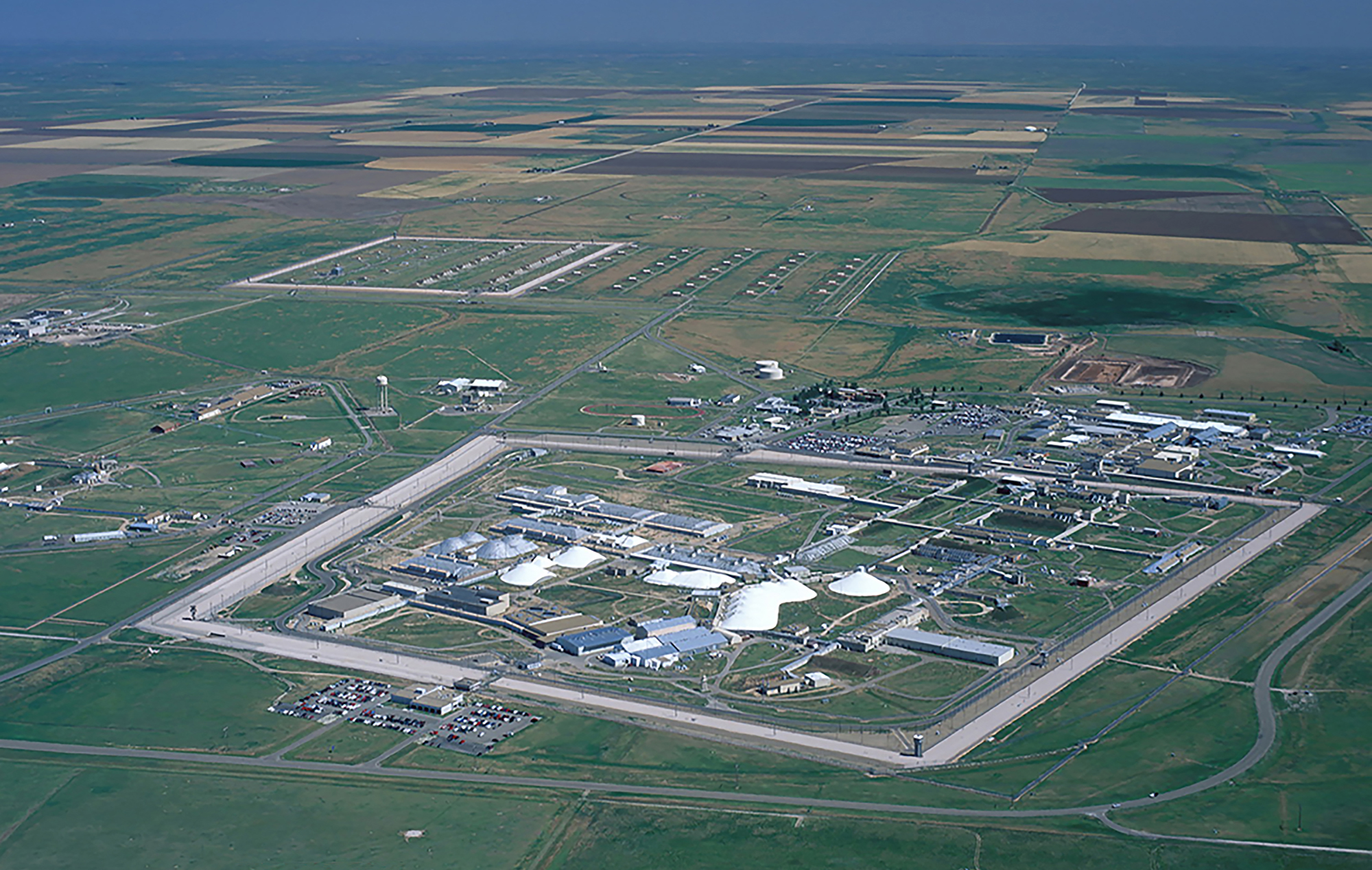The virtual seminar will be held from 12:30 to 2:00 p.m. (E.T.)
In 1951 the Pantex Plant, near Amarillo, Texas, was set up as a site for nuclear weapons assembly, and since 1975 it has been the only location in the U.S. for assembling and disassembling nuclear weapons, and also now stores the plutonium pits from tens of thousands of dismantled nuclear weapons. Spread over more than 16,000 acres, and with about thirty-three hundred workers, Pantex has not drawn the same kind of sustained attention from scholars and activists as other major US nuclear weapon sites, however. This presentation explores how and why the Pantex Plant has become woven into local and regional social, economic, and cultural structures and how people have rationalized their life in the shadow of the plant. It looks at the experience of the people in the city of Amarillo, in surrounding farming and ranching communities, and most importantly, the workers employed at Pantex as they have tried to understand, support, cope with, and contest the plant.
About the speaker: Lucie Genay is an associate professor in the English and American Studies Department at the University of Limoges, France. As a professor of 20th and 21st century U.S. civilization, her research focuses on the regional, sociocultural, and environmental histories of nuclear complexes. She is the author of Land of Nuclear Enchantment: A New Mexican History of the Nuclear Weapons Industry (2019) and Under the Cap of Invisibility: The Pantex Nuclear Weapons Plant and the Texas Panhandle (2022), both published by the University of New Mexico Press. Her current project is on the history of the Idaho National Laboratory and the development of the perception of nuclear power as a solution to climate change. She received her in Ph.D. in US Civilization in 2015 from Grenoble Alpes University, France.
